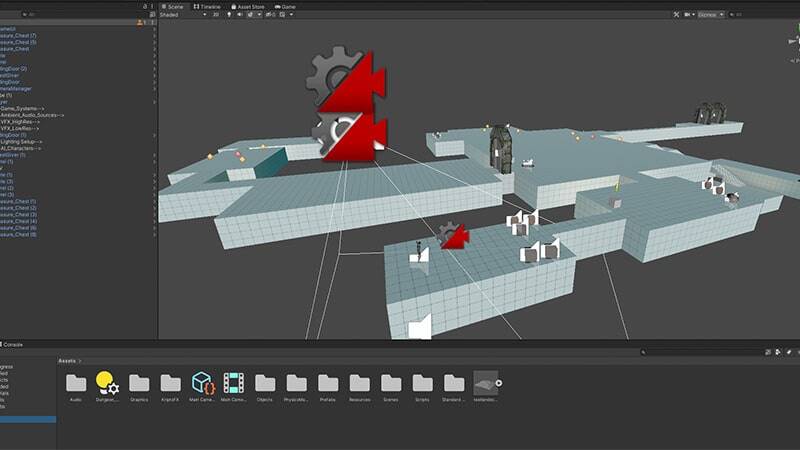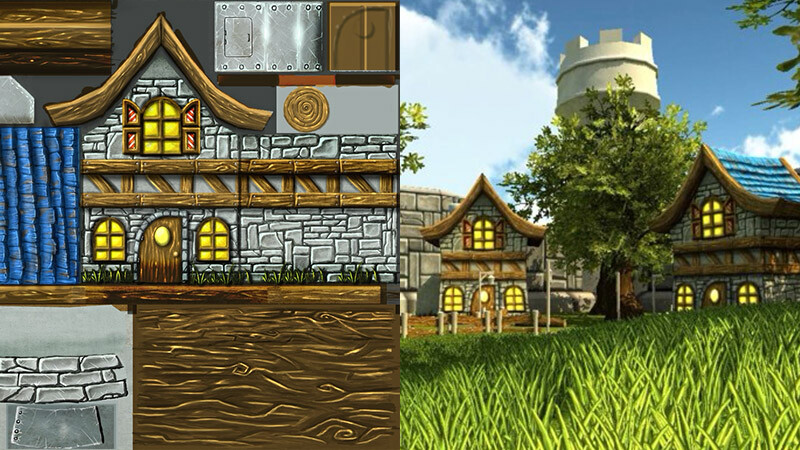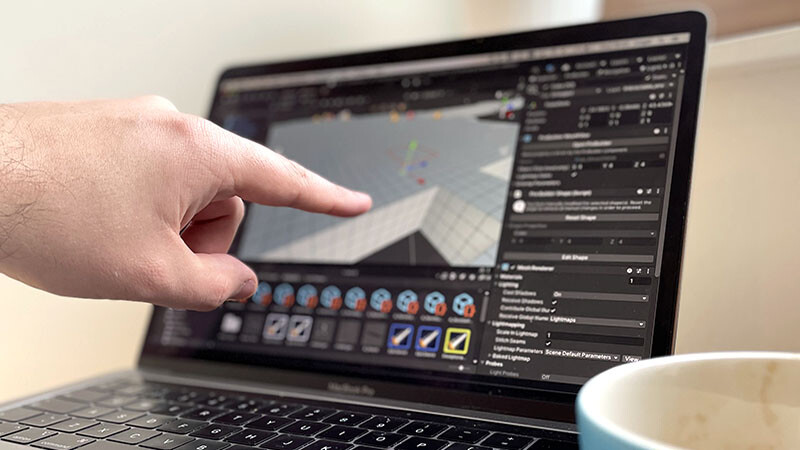
How to Become a Game Designer
As a game designer your job is to create fun! But it’s not as simple. We all know those legendary game designers back in the 80’s and 90’s game designer who invented entire new game genres; new ways to play along with some incredibly creative game concepts. Nowadays game design is more advanced and developed. It has become a more technical and commercial job where you think about fun, implementation, monetisation, economics etc. With games being more complex, coming up with “core loops” and systems that integrate well with other existing designs is challenging but in the end a very rewarding job. In this article we’ll talk about how you can become a game designer or if you’re already one; some key skills you should develop as a game designer. Here are 5 tips on how to become a game designer:
1. Prototype and Design Games, in Any Form
The first key skill that’s important, is to just build games! These don’t need to be perfect, but rather quick prototypes and ideas that you’re able to try out quickly in practice. For example there are many cool ideas in video games that you can actually try out even on a piece of paper, a spreadsheet or with a few dice rolls. Without ever needing to draw art or write code. Other things can be quickly prototyped in game engines like Unity, Unreal or other tools with basic demo assets. Again, this doesn’t need to be a polished player experience, but you can try out a lot of things by just building it. To give an example, when we first created Folded Flyer we actually spent quite some time folding actual paper planes! Also, be sure to always design for other people, not just for yourself. You may like something you’ve created but you need to validate your work. Try to understand why a design is good beyond your own perspective. Game design relies on strong ideas and concepts but they also need to work at scale. When you come up with new design work, you want to make sure you validate it through prototyping and testing, but you also simply want to gather a lot of feedback and opinions in general. You don’t have to blindly follow each piece of advice, but being open to feedback and ideas from others will help you improve and iterate on your designs.

2. Play, Analyse and Deconstruct Games
What games have you played that have incredibly fun gameplay mechanics? Is there a particular system in another game that caught your interest? Be sure to analyse a lot of games with good game design to begin with, and then try to deconstruct the mechanics of what makes this a fun experience. When you do this a lot, you’ll end up seeing patterns and you get to understand why some mechanics are fun and others aren’t. Many game design ideas borrow things from other designs or expand on top of these experience. This is especially obvious with some of the more recent popular ‘new’ genres like “Battle Royale” games or “Survival Horror” games. These games often blend a lot of mechanics from different genres and games together.
3. Understand the Business of Games
As a game designer you’re building things that are at the core of the player experience. After all video games are an interactive entertainment medium! But good game designers also understand that they’re part of a team, and are dependant on others to make sure their designs will end up in a polished consumer product. When you want to be a good game designer try to learn something about every other role in games just a little. So that it helps you understand how your work fits into the big picture. Learn something about engineering, audio or marketing. Try to understand 3D modelling or analytics and business models. You can make the most clever designs as a game designer but it these are not ‘programmable’ or commercially viable, it simply won’t work out as part of a final entertainment product. In addition, if you understand a bit of marketing for example you could even proactively think about how your work could help attract players. You could think about showcasing it in marketable content such as videos and screenshots. What also helps is to expand your network in the industry and keep up with general games industry trends and news. But of course in the end you don’t have to be an expert on all of these topics to be a good game designer.
4. Learn Game Design Theory
In game design, a lot of mechanics, rules and systems are based on theory and logic. Wether it’s video games, card games or board games, many design choices come down to basic skill or luck mechanics, based on things like dice rolls and player choices. A lot of good books, courses, podcasts and other online content can be found out there to help you better understanding these things. Learning pure game design theory can really teach you a lot of good approaches to design and help you become a better game designer.
5. Observe Gameplay
If you’re learning how to be a game designer; just watching people play games (even yourself) can teach you a lot. Games are interactive and trigger emotions and reactions. It can be very interesting to watch people play in general and then analyse their behaviour. Were they exited when finding a rare item in an RPG game? Did they become angry at the referee in a football game? Did they laugh out loud at something that happened? These are all fun things you can observe and learn from. Especially when you design specific gameplay around player behaviour. For example a PvP game will trigger wildly different emotions compared to a Co-op game or to a single player experience. Also often game play mechanics that trigger a strong reaction often come paired with interesting graphic effects, writing or audio to evoke this response. Playing games and watching others play games can be extremely valuable. But also don’t forget that actually anything could inspire you. A hiking vacation in the mountains, a deep conversation, a good movie, a painting or maybe even your hometown. Let life in general inspire your design work! You never if something can trigger your creativity.
We hope you found these tips useful on how become a game designer. If you enjoyed this article but leaning more towards become a game artist. Check out our other post on how to land a job as a game artist. Don’t hesitate to share this article or reach out to us if you have questions or some advice of your own!





